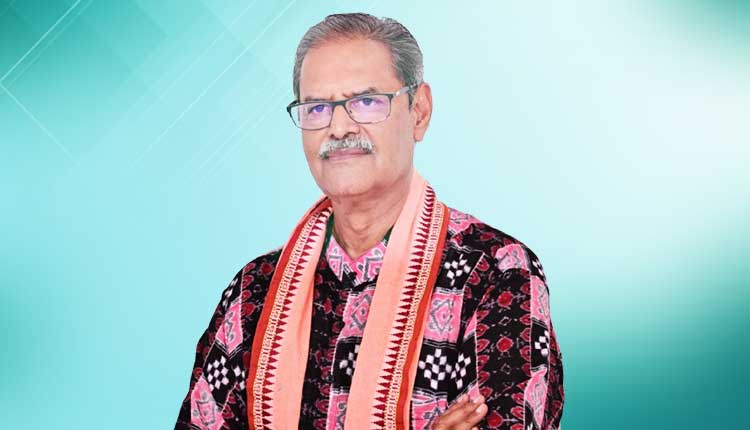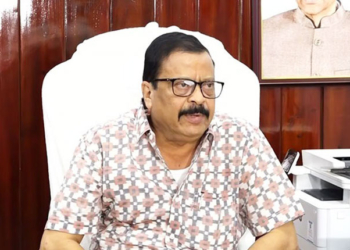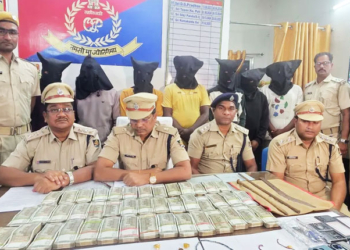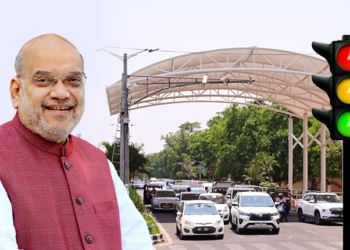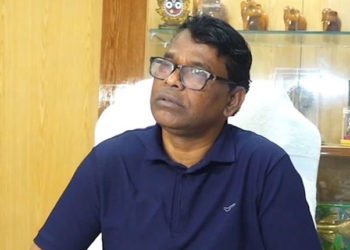Bhubaneswar: Deputy Chief Minister and Energy Minister Kanak Vardhan Singh Deo on Tuesday spotlighted sweeping reforms in Odisha’s power sector as the BJP-led government—headed by Chief Minister Mohan Charan Majhi—prepares to mark its first anniversary in power on June 12, 2025.
Singh Deo described the energy sector transformation as “a commitment fulfilled” and “a model for sustainable development in eastern India.”
“When our government took office in June 2024, we made a solemn commitment to place energy reform at the heart of Odisha’s development agenda. Today, I am proud to share that our Energy Department has not only delivered on that promise but has positioned Odisha as a beacon of sustainable progress,” he said.
Taking to the social media platform X (formerly Twitter), the Deputy CM outlined key milestones.
“In just one year, we have transformed Odisha’s power sector from deficit to surplus—achieving a peak load capacity of 6,200 MW while ensuring that 43% of our energy comes from renewable sources,” he wrote.
He also announced an ambitious roadmap for clean energy, targeting an additional 15,000 MW of renewable energy capacity by 2036.
“We are revolutionizing not just production but also power distribution. Today, Odisha boasts 99% household electrification, and commercial losses have been drastically cut,” Singh Deo stated.
The state has invested in modernizing its grid infrastructure, including the development of a 765 kV Green Energy Corridor—a move Singh Deo described as vital to “building an energy-secure Odisha that powers progress while protecting the planet.”
“Under the leadership of Chief Minister Mohan Charan Majhi, our government’s vision for a Viksit Odisha and Viksit Bharat is being realized through targeted reforms, investment attraction, and grassroots green initiatives,” he added. “This is more than just policy—it’s our promise to leave no one behind and preserve the environment for future generations.”
As the BJP government prepares to mark its first anniversary in office, energy reforms led by Singh Deo have emerged as a cornerstone of its development narrative—signaling a future driven by clean, inclusive, and resilient power infrastructure.




